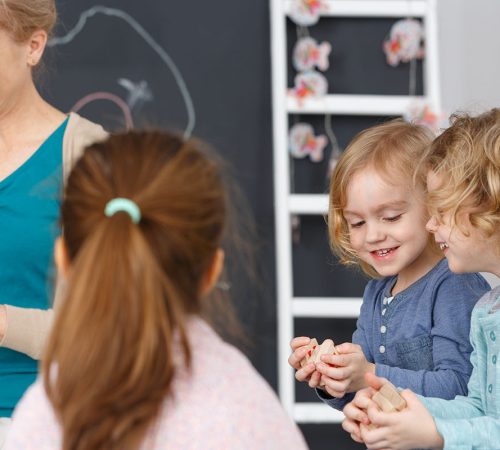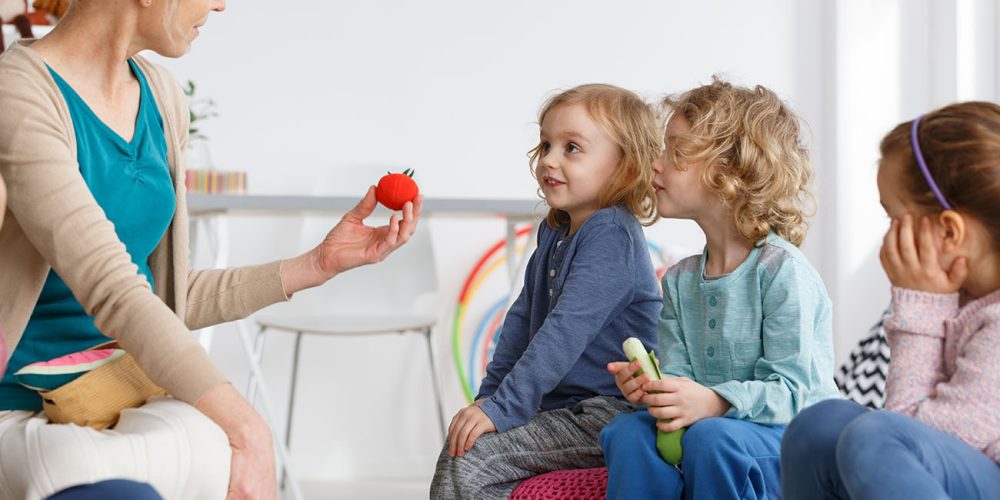4-Pillar Learning Model
At ThoughtCast Life Skills School, we believe that true learning happens through experience, exploration, and engagement. Every child is unique, with their own way of understanding the world, which is why we use a holistic, hands-on approach to nurture essential life skills. Our methodology is built on four powerful pillars:
Essential 8 Life Skills Framework
Multiple Intelligence Approach
Experiential Learning Methodology
Cultural & Holistic Approaches From Around The World
The Essential 8 Life Skills Model
The Foundation for Growth & Success
Our Essential 8 Life Skills Model is designed to equip children with the core life skills they need to understand themselves, build strong relationships, and navigate challenges with confidence. Each skill is introduced through engaging activities, real-world applications, and meaningful discussions that make learning fun, practical, and lasting. The Essential 8 Life Skills include:
- Self-Awareness – Understanding strengths, emotions, and personal values.
- Self-Management – Developing discipline, resilience, and emotional control.
- Social & Interpersonal Skills – Learning how to communicate, collaborate, and build healthy relationships.
- Character Strengths – Practicing kindness, integrity, and responsibility in everyday life.
- Thinking & Problem-Solving – Strengthening decision-making, creativity, and critical thinking.
- Healthy Living – Encouraging physical, emotional, and mental well-being.
- Digital Literacy – Navigating the online world safely, responsibly, and mindfully.
- Productivity & Time Management – Developing focus, goal-setting, and organizational skills.
By integrating these skills into every lesson, workshop, and experience, we help children build a strong foundation for lifelong success.


The Multiple Intelligences Approach
Learning in Ways That Work for Every Child
Every child learns differently—some love numbers and patterns, others learn best through stories, movement, or music. That’s why we follow Howard Gardner’s Multiple Intelligences Theory, which recognises and nurtures different learning styles. Our approach integrates:
- Visual-Spatial Intelligence – Learning through images, art, and design.
- Musical Intelligence – Understanding concepts through rhythm, sound, and melody.
- Logical-Mathematical Intelligence – Strengthening reasoning, problem-solving, and analytical skills.
- Linguistic Intelligence – Enhancing learning through storytelling, writing, and discussions.
- Interpersonal Intelligence – Learning through group activities, social interactions, and teamwork.
- Confidence through Creativity – Helping kids trust their ideas, express freely, and embrace their uniqueness.
- Bodily-Kinesthetic Intelligence – Hands-on, movement-based learning that keeps kids engaged.
- Naturalistic Intelligence – Learning through nature, exploration, and real-world experiences.
By recognising and supporting each child’s unique strengths, we help them grow in confidence and truly enjoy the learning process!
The Experiential Learning Methodology
Learning by Doing, Growing Through Experience
We believe that life skills can’t just be taught—they must be experienced. That’s why we use an experiential learning model, where children actively engage in learning through real-world scenarios, role-play, creative challenges, and hands-on activities.
Our experiential learning cycle follows four key steps:
- Experience – Kids participate in interactive activities that simulate real-life situations.
- Reflect – They process what they learned, discuss their emotions, and connect it to their own lives.
- Apply – They explore practical ways to use their new skills in everyday situations.
- Grow – With practice and support, they internalize these skills and carry them forward with confidence!
This method ensures that children don’t just memorise concepts, they truly understand and apply them, making life skills a natural, lifelong part of who they are.


Cultural & Holistic Approaches from Around the World
Bringing Global Wisdom into Learning
At ThoughtCast, we draw inspiration from global education models and cultural philosophies to create a truly well-rounded learning experience.
- Ikigai (Japan) – Helping children find purpose, joy, and motivation in learning and life.
- Forest School (Scandinavia) – Encouraging outdoor learning, exploration, and resilience-building through nature.
- Hygge Education (Denmark) – Creating a warm, nurturing, and emotionally supportive learning environment.
- Ubuntu Philosophy (South Africa) – Teaching children empathy, kindness, and community-driven learning.
- Shokuiku (Japan’s Food & Well-being Education) – Instilling mindfulness, gratitude, and healthy habits through food education.
- Reggio Emilia (Italy) – Encouraging creativity, curiosity, and self-expression in learning.
By integrating these rich global perspectives, we ensure that children learn not only about the world but from the world!
Learning That Lasts a Lifetime
At ThoughtCast Life Skills School, we don’t just teach life skills, we make them a part of every child’s journey. Our Essential 8 Life Skills Model, Multiple Intelligences Approach, Experiential Learning, and Cultural & Holistic Methods create a dynamic, engaging, and meaningful learning experience that empowers children for life.
Because when kids feel seen, understood, and supported, they don’t just learn, they thrive.
